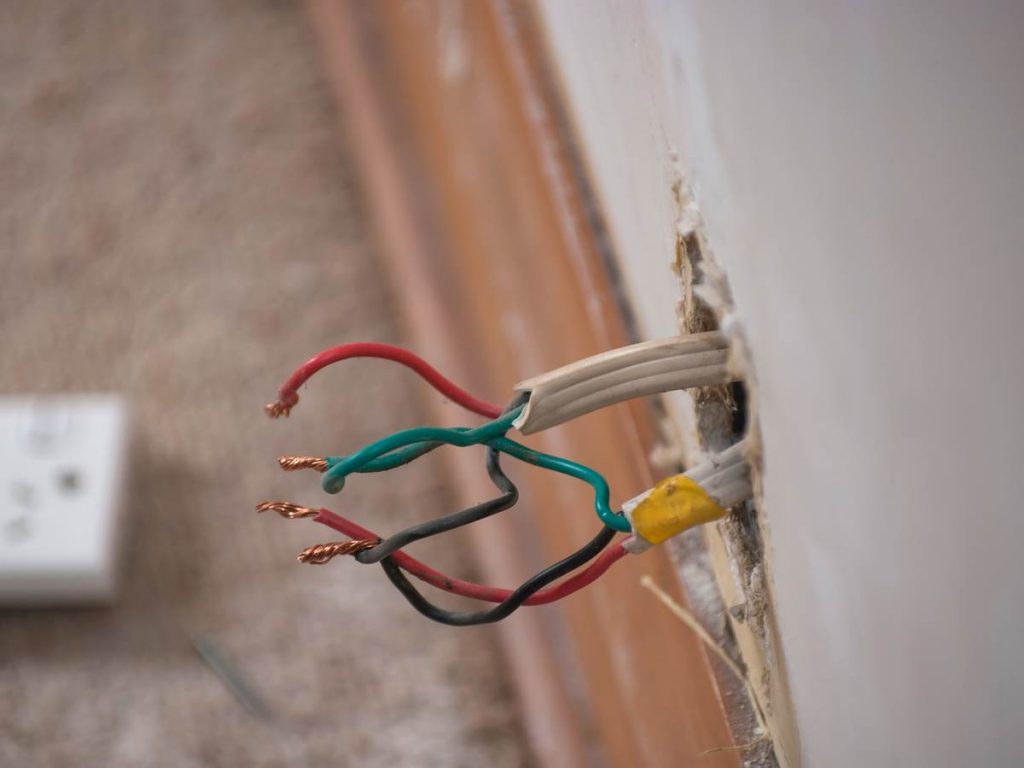Most homeowners are unaware that there could be anything but copper wiring zigzagging through their homes. But if you are the proud owner of one of the very charming older homes in Eugene, you could have aluminum electrical wiring. And that can be a shock if you are not familiar with this type of wiring and its pros and cons.
What Is An Ideal Electrical Wire?
The purpose of electrical wiring is to conduct electricity. Think of it as a transportation system to move electricity rather than people. The best conductors are non-magnetic metals like copper, silver, and aluminum. Silver is actually the best option for its conductivity, but as you know, it is also a much more costly option than copper or aluminum. So copper and aluminum are the two options that are considered cost-effective and reliable.
The Advantages And Disadvantages Of Copper Wire
Copper is a very malleable and ductile metal, making it a perfect choice to be pulled into a very thing and functional wire. Once it is annealed, heated to soften and improve its durability, copper wire conducts all of the electrons that flow through it. This makes copper wire ideal for use in homes as electrical wiring. But there is one drawback to copper wire, its cost. While silver is many times more expensive than copper, copper is much more costly than aluminum. So when the cost is a critical concern for electrical wiring, aluminum has a significant advantage over copper.
The Advantages And Disadvantages Of Aluminum Wire
As you now know, aluminum is the least expensive option for a metallic wire that conducts electricity well. It is also very lightweight and flexible when pulled into wire. Think about the weight and flexibility of an empty soda can. It weighs almost nothing, and you can bend it with just two fingers. But when you drop a sealed can of soda, that thin wall of aluminum is strong and durable enough to remain sealed.
When you think about a massive spool of electrical wire, a spool of aluminum weighs only a fraction of a similar copper spool. This makes installation jobs easier for professional electricians, as does the extreme flexibility of the wire. So when you opt for aluminum wiring, the material is more cost-effective, and so is the installation process.
So now you are wondering why anyone would choose to use anything but aluminum wiring. The drawback of aluminum wiring is that it is very expansive. That means that aluminum wire will move substantially as the temperature increases or decreases. The term for this movement is “cold creep,” and specific steps must be taken during the installation process to account for the movement. For example, expansion coils, or extra loops of wire, are installed to prevent the wire’s movement from loosening connections and increase the potential for an electrical fire or failure of the electrical service.
Only Trust A Licensed Electrician
When you have any questions or concerns about your home’s electrical wiring, call (541) 234-8864. The experts at Excel Electric are here to provide a comprehensive electrical inspection and report to you on the condition of your home’s electrical wiring and other components. Our team has years of hands-on experience working with copper and aluminum wiring. When professionally installed, both are reliable and safe. However, it is always wise to regularly inspect any wiring to ensure its condition, as all wiring has a life expectancy. We will always provide an honest evaluation of your home’s electrical system and make recommendations whenever we feel there is a safety risk or old components could compromise the function of your electrical system.

